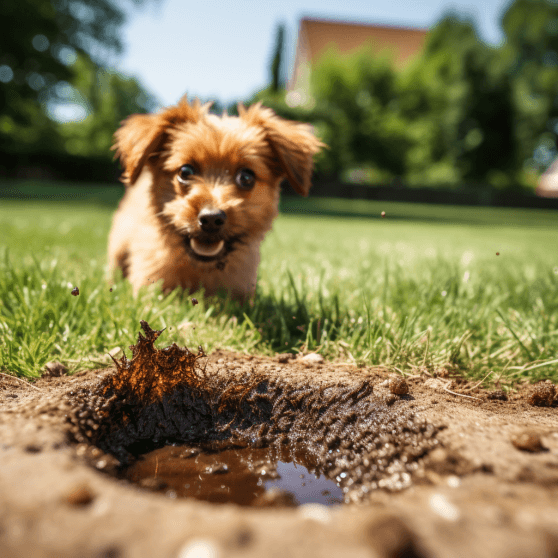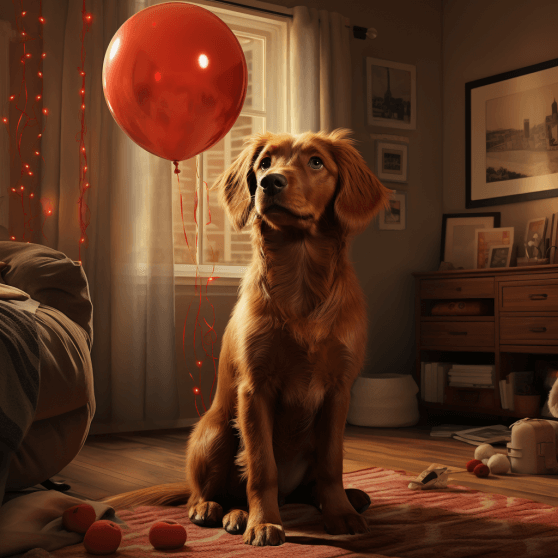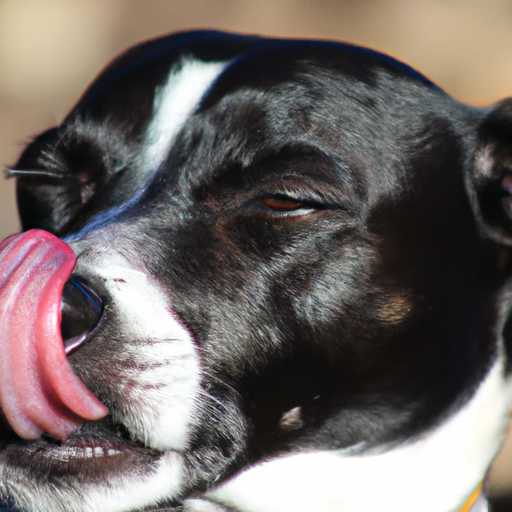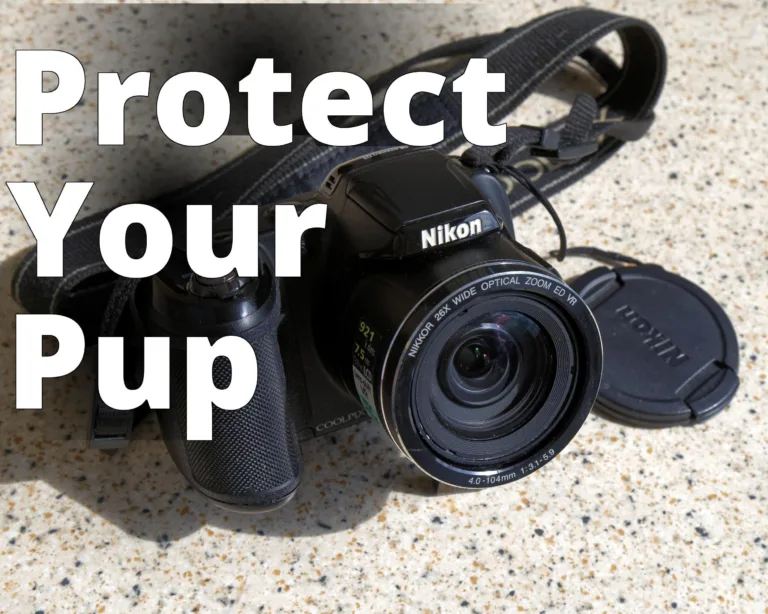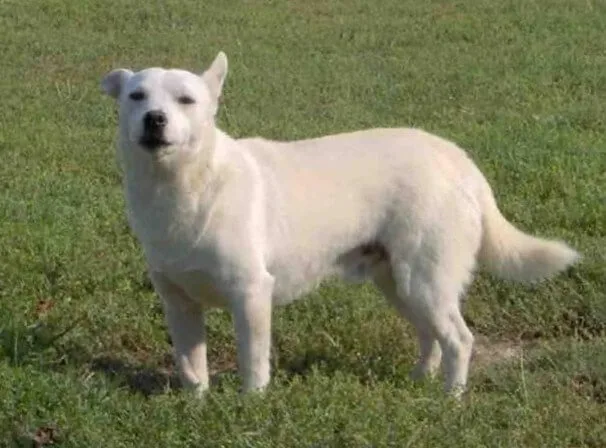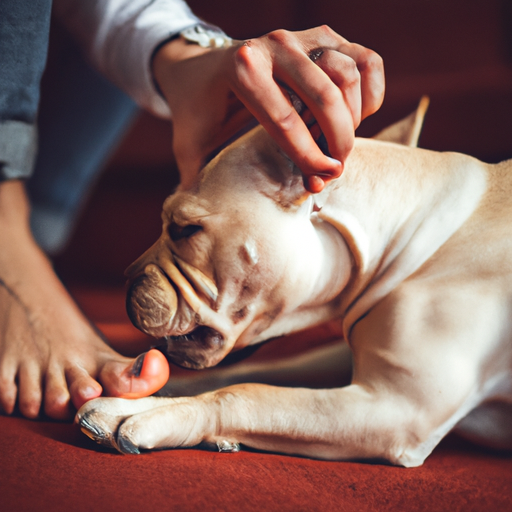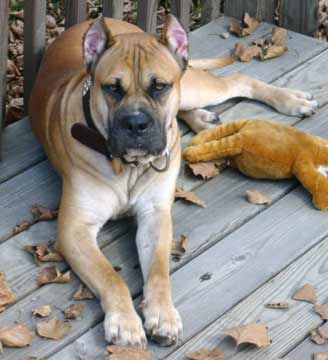Why Do Dogs Eat Poop?
In this article, we’ll take a look at the puzzling behavior of why dogs eat poop. Throughout, you’ll discover the reasons behind this quirky canine habit and gain insightful knowledge from experts. By the end, you’ll have a better understanding of this intriguing dog behavior.
Understanding Coprophagia in Dogs
If you’ve ever caught your dog in the act of eating poop, you’re not alone. It’s a common behavior in dogs, known scientifically as coprophagia.
Basic definition of Coprophagia
Coprophagia refers to the act of consuming feces. While the thought might be revolting to you, for your furry friend, it’s not quite so taboo. It’s important to understand that this behavior, although undesirable, is fairly common in canines.
Differentiating between normal and abnormal behavior in dogs
As a dog owner, it’s crucial to differentiate between normal and abnormal behavior. Puppies, for example, may experiment with eating poop out of curiosity. This behavior usually decreases as they grow older. However, if your adult dog continues to eat feces, it may be a sign of an underlying issue that needs addressing.
Identifying Coprophagia in dogs
Signs include seeing your dog eat feces directly, an increase in bad breath beyond the usual ‘doggy breath,’ continuously returning to the area where feces are present, and unexplained bouts of vomiting.
Possible Reasons Why Dogs Eat Poop
There’s no one-size-fits-all answer as to why dogs eat poop, as it can vary from dog to dog.
Assessing nutritional deficiencies
Some dogs might eat feces due to a nutritional deficiency in their diet. If a dog’s body isn’t getting enough nutrients, it might resort to finding alternative sources – sometimes in their waste.
Considering boredom or attention-seeking behavior
In some cases, boredom, lack of stimulation, or a desire for attention can drive a dog to eat feces. If a dog knows that engaging in this behavior elicits a reaction from you, it might keep doing it.
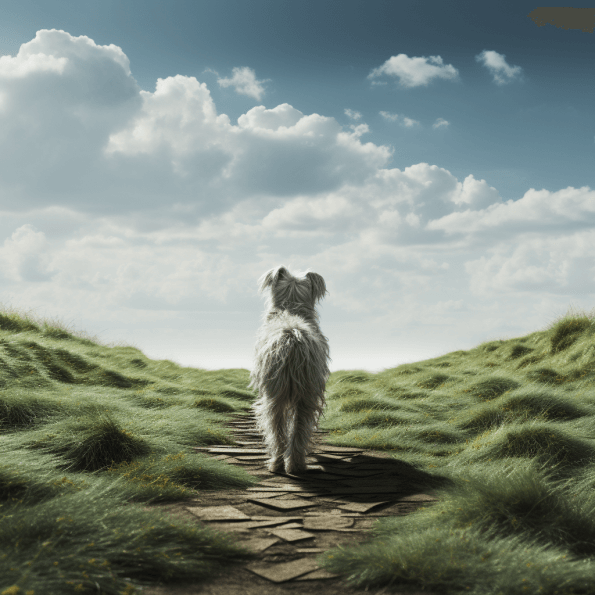
Exploring instinctive behavior
Dogs have been domesticated over thousands of years, but sometimes their wild instincts still shine through. For instance, a mother dog might eat her puppies’ poop to keep their environment clean and to hide their presence from predators.
Contemplating illness or parasites
Certain medical conditions can result in increased appetite or unusual cravings. Parasites, diabetes, or thyroid issues might lead to poop-eating behavior.
The Role Of Diet in Coprophagia
What you feed your dog could increase or decrease their likelihood of coprophagia.
Analyzing the impact of diet quality
A low-quality diet can lead to malnutrition and hence, stool eating. Ensure your dog’s diet is well-balanced and high quality.
Link between diet inadequacies and poop eating
If your dog’s food lacks necessary nutrients or isn’t easily digestible, your dog may resort to getting the nutrients from their feces.
Exploring the influence of feeding schedules on poop eating behavior
Inconsistent feeding schedules can cause anxiety and stress that might manifest in behaviors like coprophagia.
Scatological Habits and Canine Health
While eating feces is a common canine behavior, it’s not without potential health implications.
Understanding health implications of poop eating
Coprophagia can lead to upset stomachs, diarrhea, and potentially serious illnesses if the feces consumed are contaminated with parasites or bacteria.
Examining potential risks and diseases
One of the biggest risks is the transmission of parasites and diseases. Consuming feces from other animals puts your dog at risk of contracting harmful bacteria and parasites.
Exploring possible toxicity and parasites transmission
Lastly, if your dog consumes feces from an animal that has ingested rat poison or other harmful substances, the consequences could be fatal.
Behavioral Causes for Poop Eating
There are also various behavioral reasons why a dog might eat poop.
Investigating behavioral issues leading to Coprophagia
Anxiety, confinement, or lack of attention may lead to coprophagia. It’s important to spend quality time with your pet and ensure they’re not feeling neglected.
Understanding the role of stress and anxiety
If your dog is stressed or anxious, they might engage in unusual behaviors like feces consumption.
Studying obedience and training contribution
Some dogs might eat feces simply because they haven’t been trained not to.
Preventing Coprophagia in Dogs
Prevention is often the best cure; this holds true for coprophagia as well.
Providing balanced nutrition
Ensure your dog’s diet is balanced and includes all necessary nutrients.
Ensuring proper exercise and enrichment
Keeping your dog stimulated physically and mentally can help divert their attention away from poop-eating habits.
Understanding the role of training and punishment
Another prevention method is clear, consistent training. Rather than punishing your dog, try to redirect their attention to more positive behaviors.
Treatment Options for Dogs Eating Poop
If your dog’s poop eating habit persists, it might be time to consider treatment options.
Exploring medical interventions
Your vet might recommend certain medications or dietary supplements that could curb this behavior.
Understanding behavioral modifications
Professional dog trainers or pet behaviorists can help modify your dog’s behavior through positive reinforcement strategies.
Benefits of professional help and dog training
Seeking help from a professional can give you the necessary tools to effectively manage this behavior in your dog.
Common Myths about Coprophagia
There are several myths surrounding this behavior that need addressing.
Demystifying the behavioral causes
Many believe that all cases of coprophagia are tied to behavioral issues, which is not accurate. Often the causes are more complex or health related.
Understanding the confusion around diet and nutrition
Another myth is that dogs who eat poop are inherently malnourished. While diet plays a role, it’s not the sole cause.
Busting myths about health implications
Contrary to popular belief, not all dogs who eat feces will get sick. However, they still run a higher risk of disease transmission.
Owner Guide: Dealing with a Poop-eating Dog
As a pet owner, it’s crucial to handle coprophagia with patience and understanding.
Understanding the owner’s role and responsibilities
You play a vital role in preventing this behavior. Right training, proper diet, and regular vet checks can all help keep this habit at bay.
How to cope with frustration and disgust
As revolting as you might find it, it’s important to handle this issue calmly and patiently. Getting angry won’t solve the problem.
Importance of patience and persistence in correcting the behavior
Remember, it will take time for your dog to unlearn this habit. Be patient and consistent in the training process.
Conclusion
Dogs eating poop may be unsettling, but it’s not an uncommon behavior. By understanding potential causes and treatment strategies, you can help your furry friend break this habit. With patience, persistence, and professional help when needed, you can guide your dog towards healthier habits. Your canine companion relies on you, so keep your chin up and remember, you got this!

